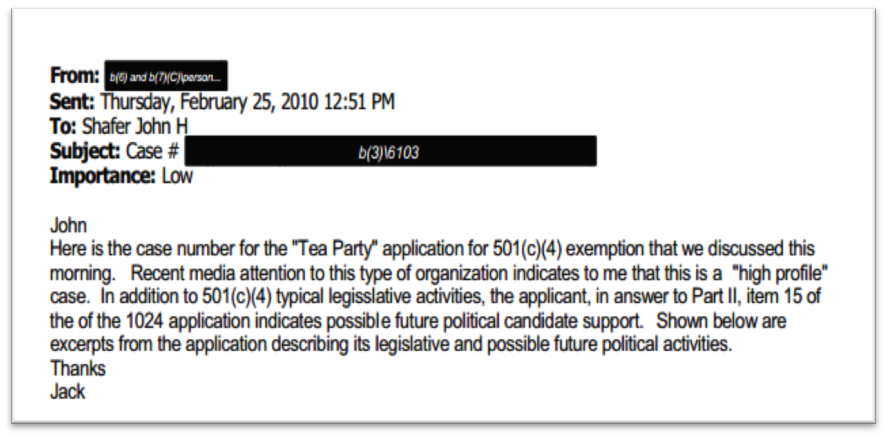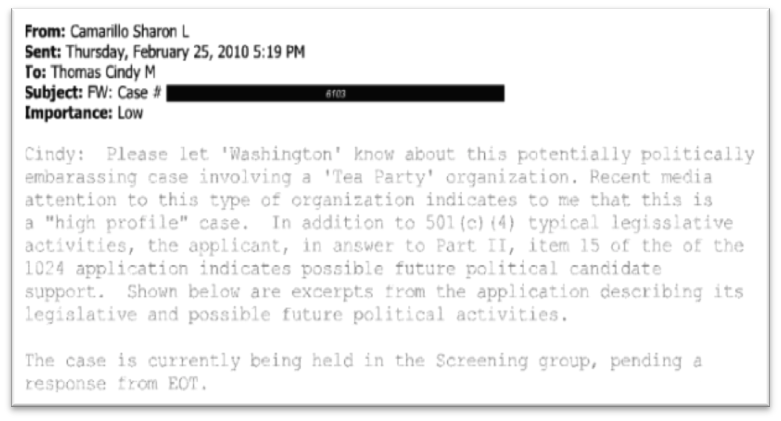Rhea Lana Riner needed clothes for her three young children, but couldn’t afford anything she liked. Fed up, she decided to do something about it.
Back in 1997 – almost two decades ago – Rhea Lana invited some close friends over to her home in Conway, Arkansas. What began that day as a small gathering in her living room blossomed into a children’s clothing consignment business that would eventually grow beyond her wildest dreams.
Today, thousands of parents from throughout the U.S. participate in Rhea Lana’s consignment events, which are run by 80 franchises across 24 states. Consigners register online, bring their items to the sale location, label them with preprinted price of their choosing and sell the clothes. They keep 70%; Rhea Lana’s business keeps 30%. It’s a win-win for everyone involved; sellers are basically getting paid to clean out their closets while buyers are able to save tons of money on clothes and other goods.
Predictably, the federal government doesn’t see it that way.
In 2013, the U.S. Department of Labor wrote a letter to Rhea Lana informing her that her mom volunteers must actually be classified as employees under the Fair Labor Standards Act.
That’s nonsense, of course. Rhea Lana’s volunteers are not employees or independent contractors. They’re customers! It would be like the federal government telling eBay or Craigslist that their users are entitled to hourly wages for the time they put in online. What’s next? Will self-serving at the bulk food section of Whole Foods make you a store employee?
Amazingly, that’s not even the worst part.
After the Labor Department wrote to Rhea Lana, she sued the agency in an effort to put a stop to the harassment. However, a federal district court dismissed her complaint, saying it couldn’t weigh in until a “final agency action” had been taken.
Rhea Lana isn’t standing for that. With the help of the strategic oversight group Cause of Action, Rhea Lana is appealing the ruling. Today, the D.C. Circuit Court of Appeals will hear oral arguments in her case.
What kind of world are we living in where the American government truly believes that if someone wants to spend a weekend helping others find and sell affordable clothes and toys, they should not be allowed to?
This post originally appeared on IJ Review.


